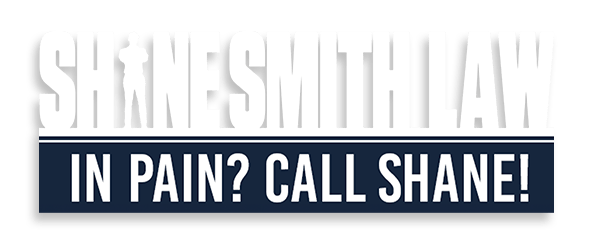According to Arthur Pinto and Douglas Branson, authors of “Understanding Corporate Law,” Second Edition, “the mechanism by which corporations have come to find their voice for speaking out about whether or not a derivative action should continue is the Special Litigation Committee (SLC).” In order to create such a committee a company's present board of directors will often amend the bylaws to allow for the addition of two or three new director positions. These individuals will then be delegated the entire board's power in regards to the litigation in question.
Usually, these two or three new board members have no type of connection with the “alleged wrongdoing” mentioned in the lawsuit. An SLC will normally only be created once the board decides that the courts are planning to let the lawsuit proceed. It will now be the SLC’s responsibility to address all aspects of the litigation.
The following lawsuit involved the use of an SLC when Medtronic, Inc., had to respond to a variety of claims in court both in 2012 and 2013.
Medtronic’s Recent Legal Woes
Following their receipt of shareholder “demands requesting the company to pursue claims for breach of fiduciary duty and other related claims against certain current and former directors and officers of the company,” Medtronic’s board of directors decided to form a Special Litigation Committee (SLC).
As is customary and is noted above, Medtronic realized that it needed to appoint SLC members with absolutely no ties to the claims and litigation allegedly involving the company. Therefore, they chose a “retired Minnesota court judge and a corporate law professor at the University of Minnesota Law School.” These two individuals comprised Medtronic’s SLC. It was up to them (per their delegated authority) to thoroughly research all claims against Medtronic and provide specific recommendations for legally responding to them.
“On May 30, 2014, the SLC issued its report (the “SLC Report”) to [Medtronic’s] board of directors . . . [The] SLC concluded that the claims against the company were without merit” and stated it would not be advisable for Medtronic to pursue the suggested claims.
Later, in June of 2014, the SLC “filed a motion for approval of its findings and for dismissal with prejudice of the shareholder derivative actions pending” in the courts. The hearing based on this motion was scheduled for July 2, 2014.
This specific case is mainly referenced since it provides a simple, clear example of how an SLC is created and for what purposes. It can be very useful for all large companies and corporations to understand how SLCs work so they can be created whenever needed.
To obtain help with handling all of your Georgia business planning needs, please contact Shane Smith Law today. You can schedule your free initial consultation with a knowledgeable Peachtree City estate planning attorney by calling: (980) 246-2656.

